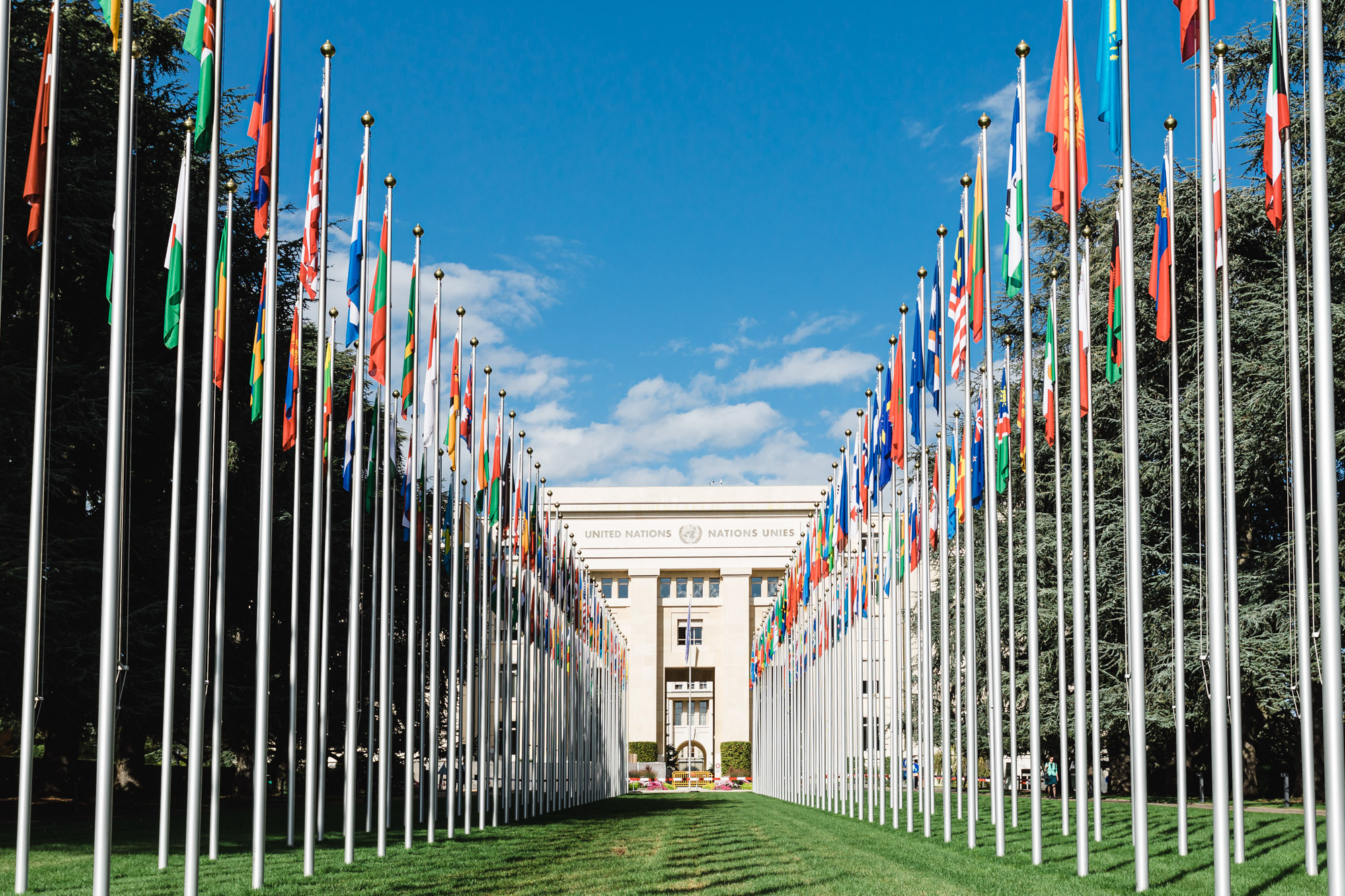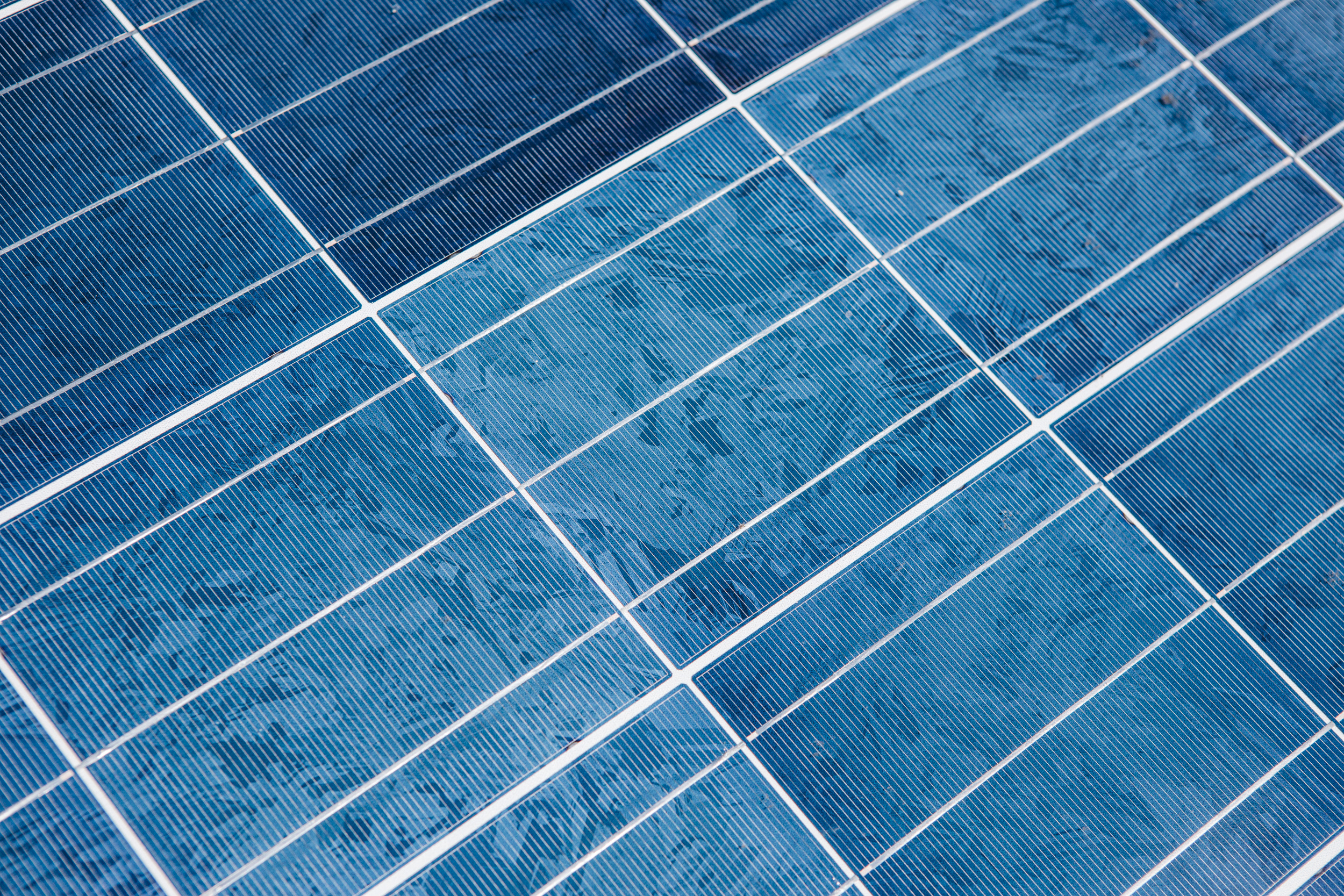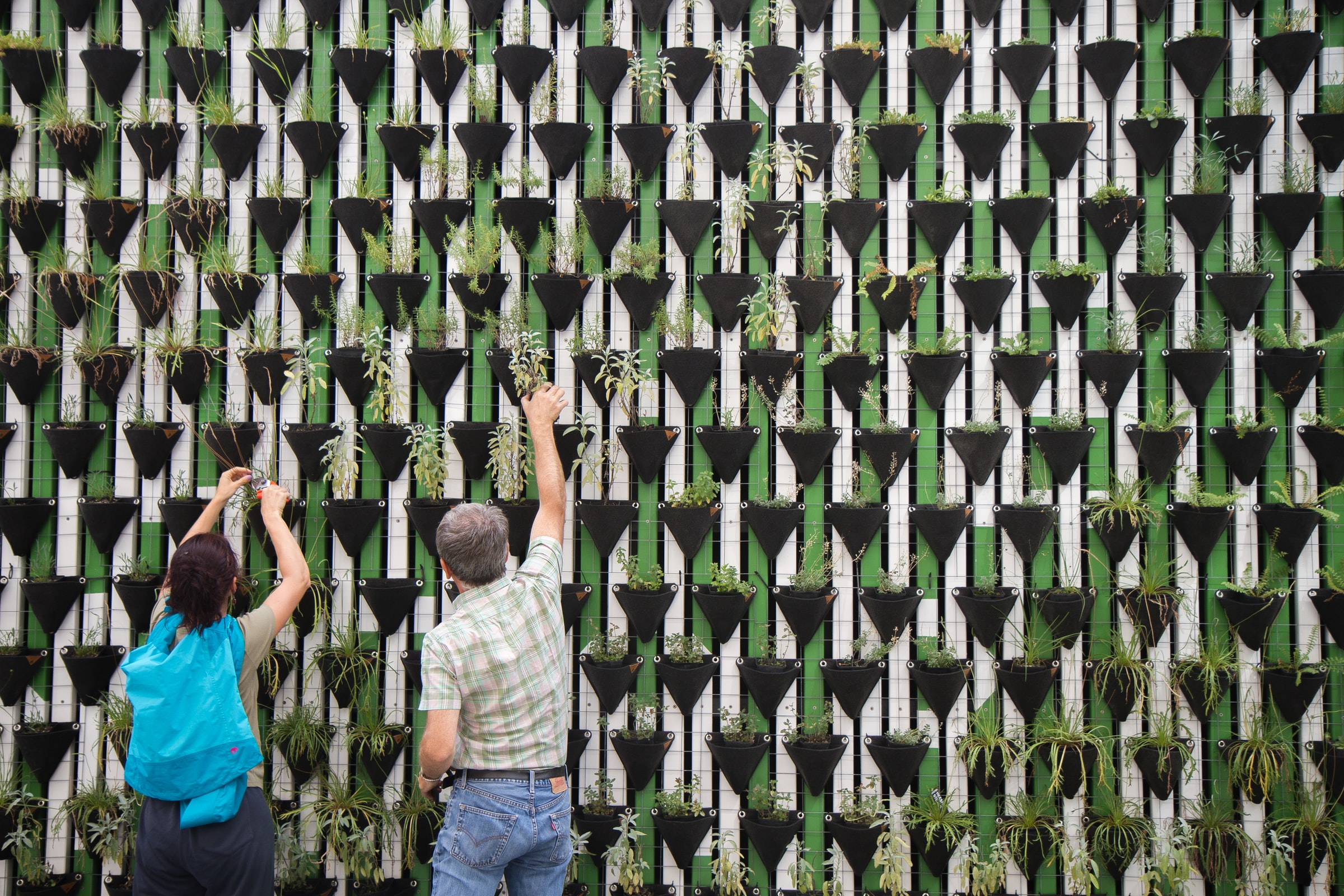A methodology for speeding up energy communities. Environmental justice: research and community partnerships. How to ensure a resilient Global Biodiversity Framework to disaster and climate risks? Blockchain solutions for sustainable energy and climate. The Davos Agenda. Modelling the European energy system of the future under extreme technological, regulatory and societal developments. Stories to watch in 2022. Discover these and more online events of the week!
You can also subscribe to Climate Online’s newsletter to be reminded about weekly event updates by e-mail:

Biodiversity & Environment
20 January, 16:00 – 17:15 CET
“How to Ensure a Resilient Global Biodiversity Framework to Disaster and Climate Risks?” by Partnership for Environment and Disaster Risk Reduction, Friends of EbA and Geneva Environment Network
The event will discuss: (1) Increasing disaster and climate risks globally and how they impact on biodiversity and ecosystems, and the importance of integrating resilience in the new Global Biodiversity Framework; (2) Country level experiences on how biodiversity and ecosystem-based approaches have been successfully applied to reduce disaster risks and support climate change adaptation; (3) Proposed recommendations for incorporating disaster and climate resilience in the new Global Biodiversity Framework.

Climate Science & Policy
17 January, 15:00 – 19:00 CET
“A regional view on climate action and carbon removal in Latin America” by University of Oxford
The event will allow participants to discuss the implications of the outcomes of the Climate conference in Glasgow (UNFCCC COP26) and build a regional perspective on the current situation regarding climate policy, enhancing carbon sinks, and developing new approaches for removing greenhouse gases from the atmosphere in Latin America and the Caribbean.
19 January, 18:00 – 19:00 CET
“Towards the Global Atlas of Nature-Based Solutions and Negative Emission Technologies” by National Aeronautics and Space Administration – NASA
The GEOMAR – Helmholtz Centre for Ocean Research Kiel, Germany, in close collaboration with Prof. Carlos Duarte from the King Abdullah University of Science and Technology (KAUST), Saudi-Arabia is developing a decision-support tool in the form of the interactive digital Global NBS and NETs Atlas. The overall objective of this Webatlas is to synthesize and geospatially visualize reliable scientific findings on climate mitigation and adaptation potentials and cost estimates of various natural- and technically-based carbon dioxide removal and storage options (marine and terrestrial) with global coverage using input from various research projects at KAUST and GEOMAR as well as from various data providers such as research institutes and NGOs…

Renewables & Energy Transition
18 January, 10:30 – 12:00 CET
“Online workshop: A methodology for speeding up energy communities” by REScoop.eu
Whether you’re a starting energy community or an experienced practitioner, this workshop is for you! Organisers will take you through the latest status of the methodology developed in the context of the Interreg NWE cVPP and ECCO projects. Speakers will look at how to overcome sticking points for moving from one stage in your energy community to the next, and introduce you to the REScoop.eu one-stop-shop. The workshop will include several interactive elements, to provide an opportunity for participants to exchange and work together.
18 January, 16:00 – 18:00 CET
“Modelling the European energy system of the future under extreme technological, regulatory and societal developments” by International Association for Energy Economics – IAEE
In eXtremOS, we developed pictures of the future European energy system. Using our holistic European energy system model, we mapped the coupling of European electricity markets and scenarios until 2050. What will the energy system of the future look like if we aim for approximate greenhouse gas neutrality in 2050, or if we fail to achieve climate targets? Starting from potential future scenarios such as these, our model landscape lets us tackle questions regarding the state of the European energy system in 2050. In this webinar, we will focus on the presentation of these models – how they work, what data they need and where their limitations lie. Since they will be used and further developed in the forthcoming energy system analyses in our current hydrogen research project TransHyDE-Sys, we are looking forward to discussing them with the international audience.
20 January, 8:30 – 10:00 CET
“China launch of Renewables 2021 Report” by International Energy Agency – IEA and Electric Power Planning and Engineering Institute – EPPEI
The IEA Renewables 2021 market report, published on 1 December 2021, presents forecasts for renewable electricity, biofuels and renewable heat. The accelerated forecast shows the potential for China’s renewables market expansion until 2026, if selected policy and market challenges are addressed in the coming 12-24 months. The event brings together experts from the IEA and China, including representatives from government, industry and research institutes to discuss the report’s findings.

Sustainability & Circular Economy
17 – 21 January
“The Davos Agenda” by World Economic Forum – WEF
During the week that participants were meant to come together in Davos – 17-21 January 2022 – the Forum will instead host a series of virtual plenaries aligned with the Annual Meeting objective of orienting global leaders on the imperatives of the year ahead. Featuring a mix of visionary “state of the world” special addresses and ambitious high-level leadership panels focusing on critical collective challenges, the Davos Agenda will mobilize heads of state and government, business leaders, international organizations and civil society to share their outlook, insights and plans relating to the most urgent global issues. The meeting will also provide a platform for connection, enabling the public to watch and interact, through livestreamed sessions, social media polling and virtual connections.
19 January, 14:00 – 15:00 CET
“Circularity Gap Report 2022 Live Launch: Unleash the power of the circular economy” by Circle Economy
Join for the launch of the Circularity Gap Report 2022 with one of the ‘founding fathers’ of the circular economy, Walter Stahel, the founder of the Circularity Gap Report series, Marc de Wit, and the current lead of the programme at Circle Economy, Matthew Fraser. The speakers will look back at the evolution of the circular economy over the past ten years. And, based on five years of deep Gap Report analysis, they will demonstrate how we can keep the world on a 1.5-degree pathway and mitigate the worst impacts of climate breakdown with practical solutions.
19 January, 14:00 – 16:00 CET
“Blockchain solutions for sustainable energy and climate” by United Nations Environment Programme – UNEP and Social Alpha Foundation – SAF
This event builds upon a report “Blockchain for Sustainable Energy and Climate in the Global South: Use Cases and Opportunities” that SAF and UNEP will launch on the same date. The report provides a clearer understanding of blockchain solutions and policy implications for addressing energy and climate mitigation issues through case studies. The event will be kicked off with two keynote presentations from SAF and UNEP. The second half of the workshop will share lessons learnt from the projects where blockchain is applied to clean energy and climate mitigation issues.
19 January, 15:00 – 16:15 CET
“Stories to Watch 2022” by World Resources Institute – WRI
This year’s Stories to Watch will feature WRI’s new President and CEO Ani Dasgupta, who stepped into the role in 2021. Ani will share insights into the big stories in 2022, including what it will take for governments and businesses to translate their commitments into real action. Participants will discuss some of the world’s most pressing questions: How to accelerate the energy transition? Will net-zero climate commitments become more credible? What will happen to the bold pledges to end deforestation, the surge in electric vehicles, and much more.
19 January, 18:00 – 19:00 CET
“Environmental Justice: Research and Community Partnerships” by Resources for the Future – RFF and Urban Institute
Effective partnerships between researchers and community organizations can advance understanding of the nature of environmental problems and underlying vulnerabilities in disadvantaged communities, as well as help to identify policy and program solutions. These partnerships leverage complementary knowledge bases and skill sets: researchers often bring data and analytical tools to carefully measure and document impacts; community organizations elevate the lived experiences and concerns of residents and expand the research findings. At this event, a panel of experts will discuss how to make these partnerships work to advance environmental justice knowledge and work toward equitable solutions to environmental problems.

